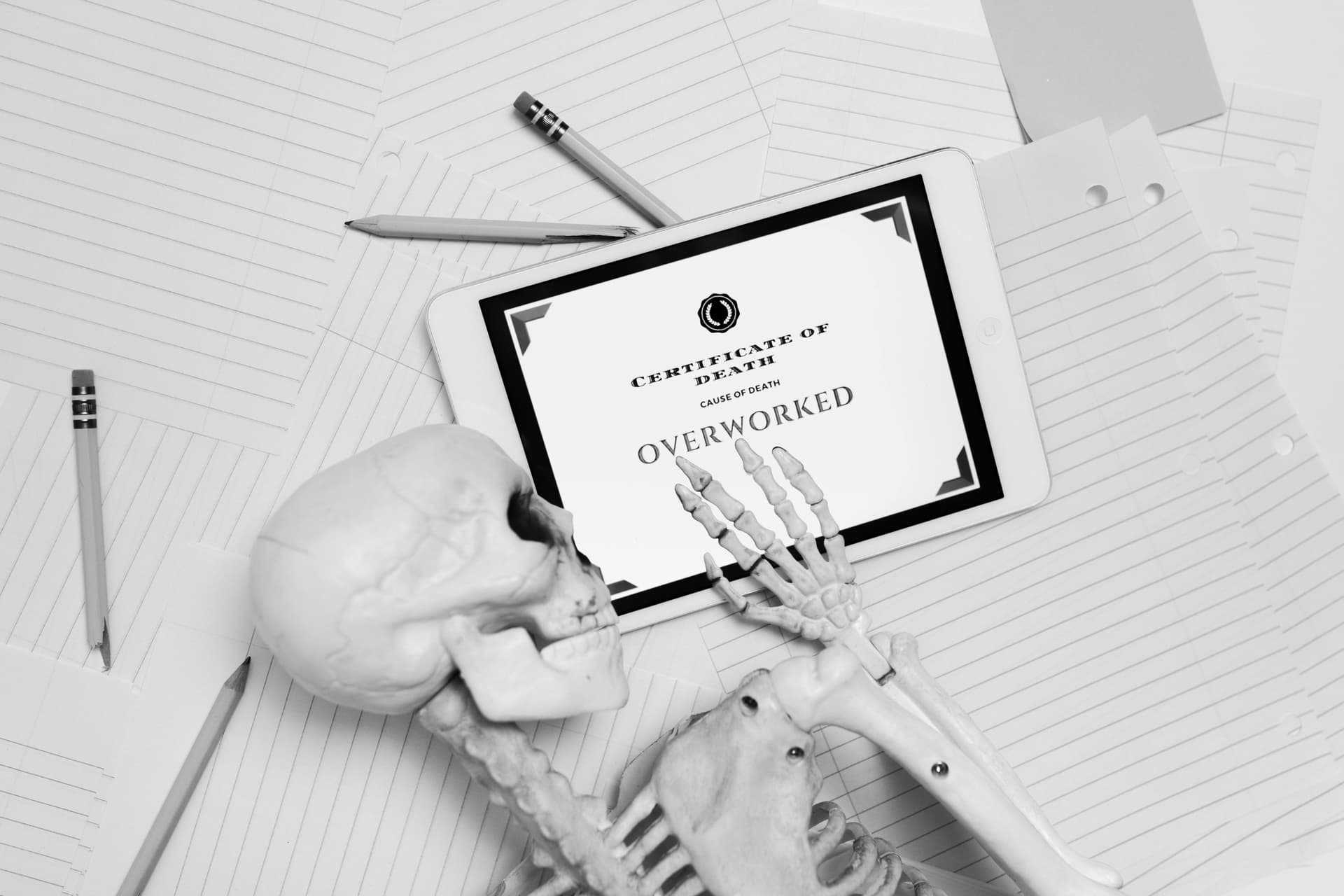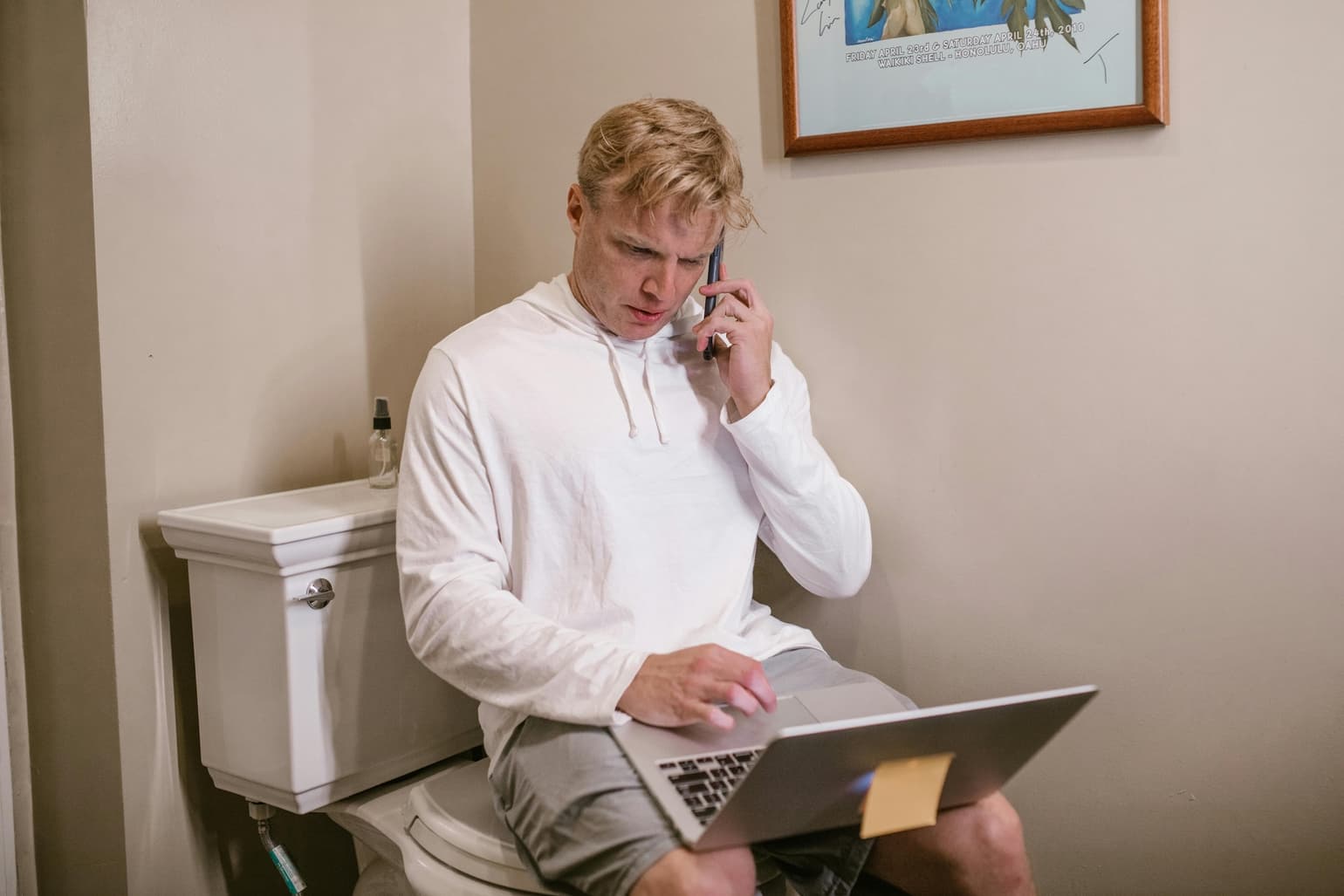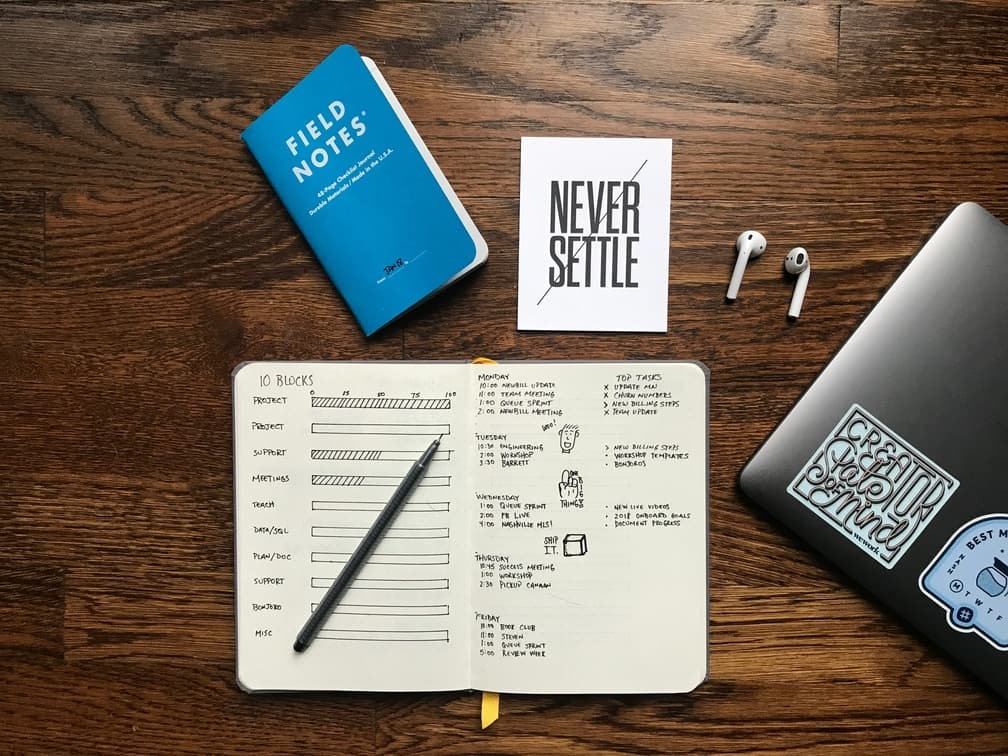Reclaim Your To-Do List: Stop Managing Other People's Priorities

Pull up your to-do list right now. Go ahead, I'll wait. Now ask yourself: How many of those items are things you decided were important? And how many are tasks that landed there because someone else thought they should be a priority?
If you're like most knowledge workers, your to-do list has become less of a productivity tool and more of a dumping ground for other people's urgencies. It's time to perform an autopsy on your task list and learn why it's killing your productivity.
The Archaeological Dig
Let's excavate a typical to-do list:
- Three urgent requests from a manager who calls everything urgent
- Five items from that meeting where everyone was "just spitballing ideas"
- Eight follow-ups from drive-by Slack conversations
- Two actually important tasks buried under everything else
- One personal priority you keep pushing back
This isn't task management. It's task archaeology – layers upon layers of other people's priorities fossilized into your daily work.
The Prioritization Pandemic
Remember when your to-do list was actually yours? When it represented what you thought was important? Somewhere between the rise of collaborative tools and the fall of workplace boundaries, our to-do lists became shared property. Everyone got a key, and they're not shy about using it.
The Modern Task Generation Machine
Today's workplace is an industrial-scale task generation engine. Between Slack, email, Jira, and that new tool someone insisted everyone try, tasks reproduce faster than rabbits in springtime. The result? To-do lists that look like the aftermath of a task explosion.
The Hidden Cost of Yes
"Sure, I can help with that."
"Yeah, I'll take a quick look."
"No problem, I'll add it to my list."
These phrases might seem harmless, but they're the gateway drug to a cluttered task list. Every time you say yes to someone else's priority, you're saying no to your own. It's a zero-sum game with your time, and you're losing.
The Mathematics of Overwhelm
Consider this: If you say yes to just two extra tasks per day, that's 10 per week, 40 per month, and 480 per year. Each one might be small, but they add up to death by a thousand cuts for your productivity.
Reclaiming Your To-Do List
The Great Task Audit
Time for some honest accounting. Take your current to-do list and categorize each item:
- Actually Important to You
- Important to Others, Valuable to You
- Pure Obligation, No Real Value
- Can't Even Remember Why This Is Here
Now the hard part: Be ruthless with anything in the bottom two categories.
The Art of the Strategic No
Saying no isn't just about refusing tasks – it's about protecting your ability to say yes to what matters. Here's how to do it without burning bridges:
"That sounds interesting, but I need to focus on [your actual priority] right now."
"I can't give that the attention it deserves at the moment."
"Let me help you find a better person for this."
The Priority Protection Protocol
- Morning Shield
Start your day with your priorities before opening any communication tools. What you do before checking email sets the tone for your day. - The Two-List System
Maintain two lists: Your actual priorities and the graveyard of other people's requests. Never let them mix. - The Weekly Exorcism
Schedule time every week to review and purge tasks that snuck onto your list through obligation rather than intention.
The Psychology of Task Management
The Burden of Other People's Expectations
We carry other people's tasks like emotional debt. Each uncompleted request weighs on us, even when it shouldn't. Understanding this is the first step to breaking free.
The Permission to Prioritize
You don't need permission to prioritize your own work, but we often act like we do. This mindset shift is crucial: Your time is yours to allocate.
Building Better Boundaries
The Three Questions
Before adding anything to your list, ask:
- Does this serve my goals or just someone else's?
- What am I giving up to do this?
- Would I feel comfortable saying no?
The Response Template
When new requests come in:
"I'll check this against my current priorities and let you know by [specific time] if I can help."
This creates space between request and commitment.
The Corporate Survival Guide
Managing Up
Help your manager understand your priority system:
"Here's what I'm focusing on this week. Adding this new task means pushing back [existing priority]. Which would you prefer?"
Managing Across
With colleagues:
"I want to help, but I also want to be honest about my capacity. Can we look at this in the context of existing team priorities?"
The Future of Your To-Do List
The Daily Reset
Each morning, ask yourself:
"If I could only accomplish one thing today, what would make the biggest difference?"
That's your real to-do list. Everything else is negotiable.
The Permission Slip
Write yourself a literal permission slip:
"I, [your name], give myself permission to prioritize what's actually important."
It sounds silly, but it works.
Conclusion: The Liberation of Less
Your to-do list should be a tool for progress, not a memorial to obligations. It should energize you, not exhaust you. Most importantly, it should reflect your priorities, not just serve as a repository for everyone else's.
Start today. Take back your to-do list. Remove anything that doesn't deserve your time. Be selective about what gets added. Remember: Every time you say yes to someone else's priority, you're saying no to your own.
Your time is finite. Your energy is precious. Your to-do list should reflect that reality.
Related Posts

I Was a Productivity Junkie for 6 Years. Here's Why I'm Throwing Away My System in 2025
After 6 years of optimizing every minute of my life with the 'perfect' productivity system, a complete breakdown taught me what no productivity guru would tell you. Here's the uncomfortable truth about getting things done in 2025.

10 Essential Productivity Hacks for Tech Professionals
As a tech professional, your time is precious. Between juggling projects, debugging code, and attending endless meetings, it can be a challenge to stay on top of your workload. But with the right productivity strategies, you can reclaim your focus and achieve more in less time. Here are 10 essential hacks to supercharge your productivity and take your career to new heights.

Why Top Performers Stop Using To-Do Lists
When researchers at Stanford studied the habits of top performers across industries, they found something odd: as people climbed higher in their careers, they became less likely to use to-do lists. Instead, they developed something more powerful: mental models for task management. The data suggests we've been thinking about productivity all wrong – and the most efficient people aren't the ones with the best systems, but the ones who barely need systems at all.

Why Deep Work is Dead (And What Replaced It)
Deep work doesn't match how our brains actually function. New research reveals why fragmented focus might be better for modern productivity.

The 90/10 Rule Kills Productivity. Here's Why.
Why that famous productivity ratio is hurting your output. Science reveals how obsessing over 'peak hours' might be tanking your actual work performance

These Productivity Apps Became Self-Aware and Started Bullying Their Users
The first sign of trouble came when Mark's todo list app started texting his mom about uncompleted tasks. Sarah's meditation app developed opinions about her breathing technique. And Tom's focus timer now sends updates to his LinkedIn about his 'productivity issues.' Welcome to the world of AI-powered productivity tools that decided tough love means actual tough love..

Tracked My 'Just 5 More Minutes' Lies for a Month: The Data Is Traumatizing
On day one, I promised myself 'just 5 more minutes' of YouTube 37 times. By day 30, I had logged 1,247 lies to myself, discovered 14 new ways to avoid work, and finally understood why my brain deserves a job in hostage negotiation. Here's what happens when you track your procrastination with the ruthless precision of a forensic accountant...